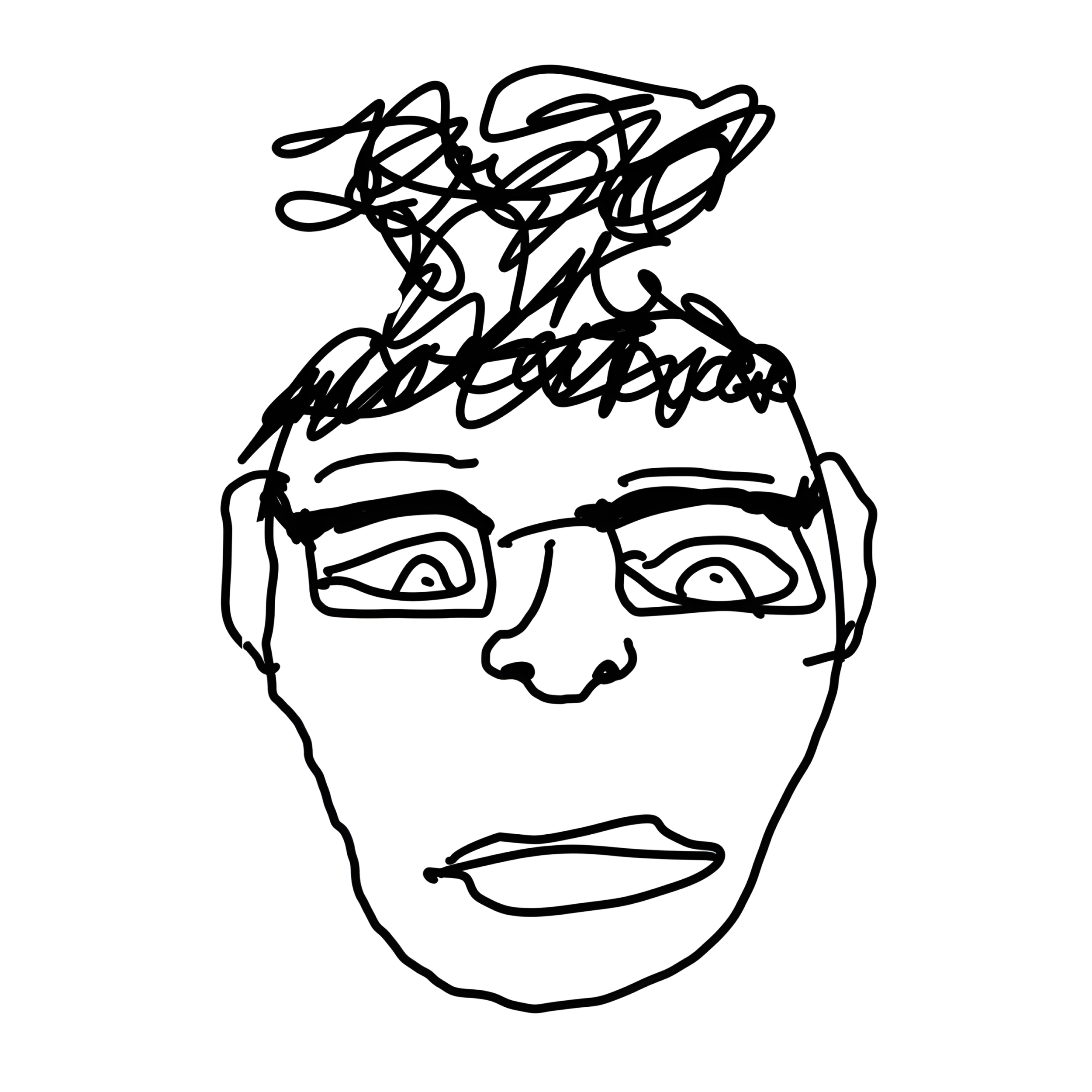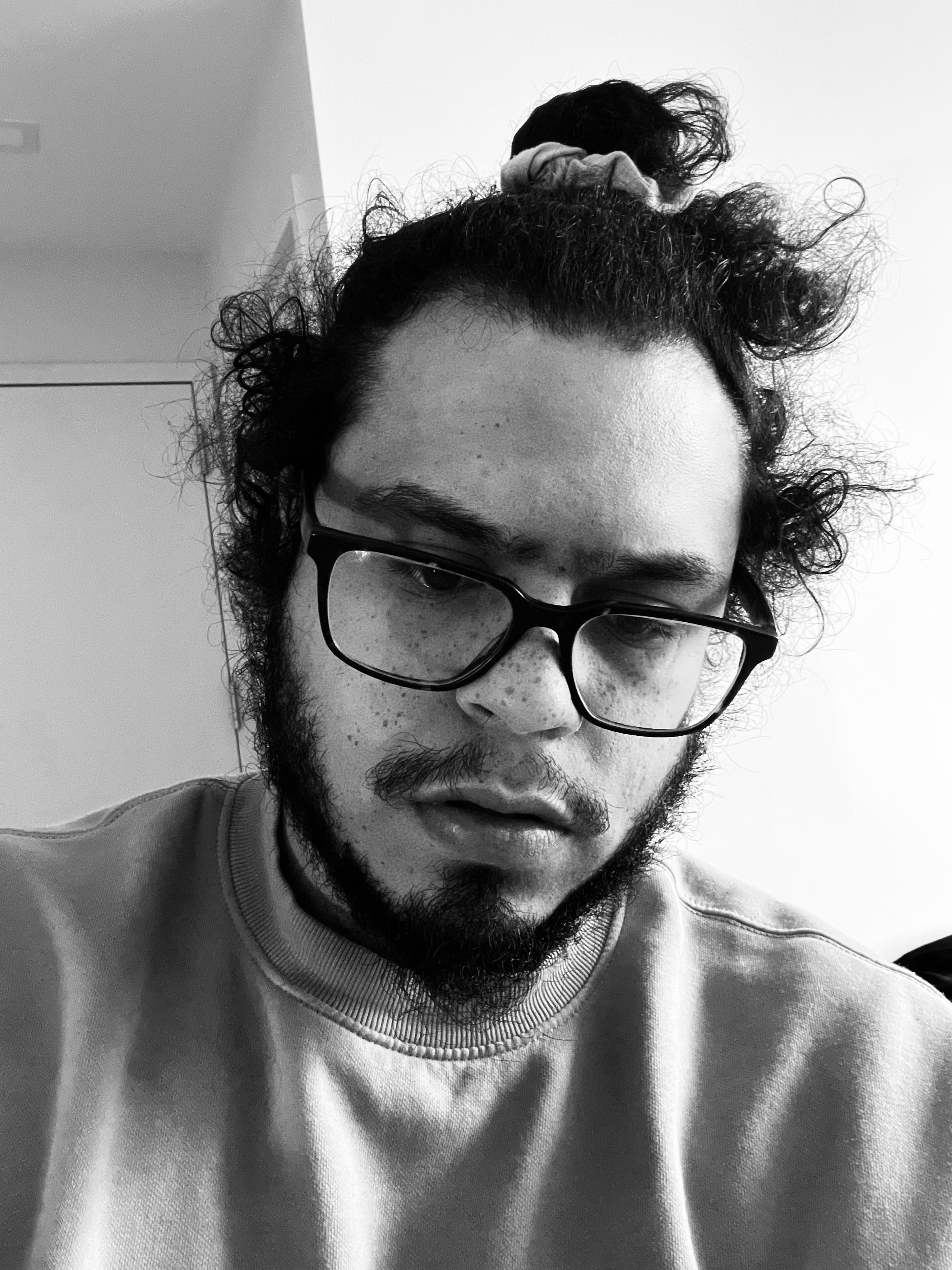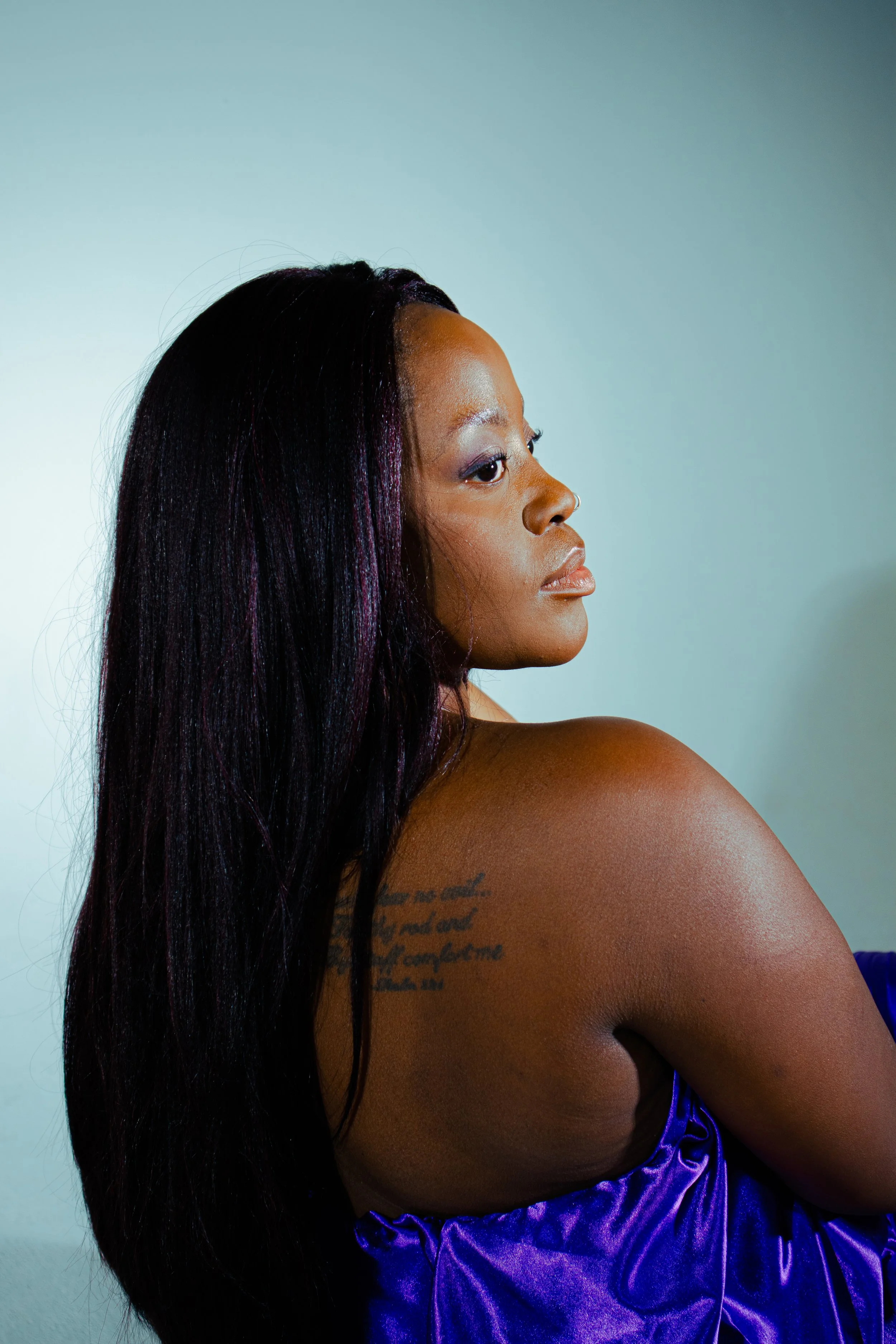Subway Rat's Debut "Stand Clear of the Closing Doors" Echoes the Urban Heartbeat Through Alt-Rock Veins
Venturing into the sonic dominion of Subway Rat's inaugural opus, "Stand Clear of the Closing Doors," is akin to embarking on a crepuscular expedition through the pulsating core of New York City, with each melody unfurling as a vivid fresco of metropolitan narratives, sketched upon the canvas of alt-rock and pop rock realms. This compendium, a concoction of unadulterated emotional authenticity and melodic prowess, transcends the mere aggregation of tunes to embody a narrative voyage, tracing the odyssey of a fledgling spirit as it weaves through the intricacies of amour, bereavement, and yearning in the metropolis of perpetual vigils.
The voyage sets sail with "Tell Me What To Do," a track that initiates with a raw supplication for the compass of love, establishing a resonance of sincere desire that echoes through the album's entirety. Subway Rat's vocal execution, an alchemy of rough-hewn tenacity and sincerity, ensnares the auditor, beckoning one to plunge into the narrative intricately threaded across the album's symphonies. Each composition, a tessera in the grand mosaic, contributes to the cumulative tale of a soul in quest of comfort and enlightenment amidst the urban din.
"Rendezvous," the anthology's vanguard single, shines as a testament to the artist's capacity to transgress genre boundaries. In this piece, the amalgamation of New Jersey pop narratology with the unrefined resonance of New York alternative rhythms crafts a sonic confluence that is simultaneously evocative of yesteryear and refreshingly innovative. It is as though Subway Rat has encapsulated the nocturnal essence of the city's spirit into an auditory experience, summoning the audience to partake in an odyssey that is both reflective and invigorating.
Delving deeper into "Stand Clear of the Closing Doors," compositions such as "Schoolyard Crush" and "Tomorrow" embroider a tapestry teeming with the shades of yesteryear and the tangible pang of love left unreciprocated. The fusion of hip-hop percussion, indie pop synth waves, and reverberations reminiscent of the Lower East Side's mid-noughties alternative rock exuberance endows the album with a texture that is simultaneously opulent in layers and profoundly personal.
Tracks like "Espresso Martini" and "Mouth 2 Mouth" veer into territories of introspection and epiphany, where the interplay of longing and the pursuit of connection manifest in tunes that are at once catchy and deep. Herein, Subway Rat showcases a prodigious knack for blending the intimately personal with the universally relatable, concocting melodies that echo the solitary echoes of listeners whilst encapsulating the collective ethos of urban existentialism.
As the album unfurls towards compositions like "I Guess I'm Wrong" and "V Day," it steers into the realms of self-reflection and self-revelation, foregrounding themes of introspection, remorse, and the search for atonement. Subway Rat's lyrics, candid and vulnerable, serve as a vessel for the listener's own odyssey across the emotional and experiential spectrum, rendering "Stand Clear of the Closing Doors" not merely a musical collection but a communal expedition of discovery.
In the twilight chapters of the album, melodies such as "Ruby’s" and "Don’t Answer Me" distill the quintessence of yearning and the anguish of parting, while "LMK" unfurls as a poignant epilogue to the journey, hinting at dawnings anew and the harbinger of fresh commencements. Through these symphonies, Subway Rat not merely flaunts his multifaceted prowess as a maestro but also his profundity as a raconteur, adept at ensnaring the convolutions of the human spirit with an authenticity that is both invigorating and uncommon.
"Stand Clear of the Closing Doors" transcends the confines of a mere auditory collection; it emerges as a kaleidoscope of sentient vibrancies, a chronicle of narratives spun from the loom of quotidian encounters. Subway Rat, through his inaugural venture, beckons us onto a voyage that resonates with the depth of the personal and the breadth of the universal, affirming that within the boundless nocturne of the city's landscape, there exists a niche for every narrative, every sorrow, and every aspiration. Within this musical pilgrimage, we discover not just tunes, but echoes of our own existence, mirrored in the harmonies and verses of an artist who has honed the craft of narrating through the medium of melody.


















Resembling a midnight-chocolate confection topped with luminescent pearls, Ebubé’s “Lay With Me” offers a sumptuous slow jam that stirs the senses without drowning them in saccharine…